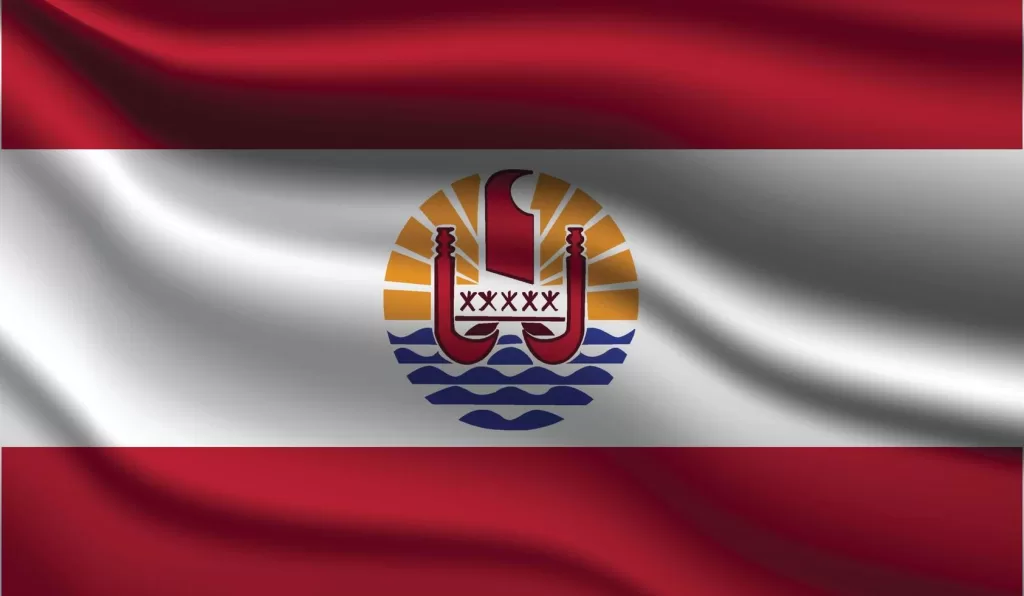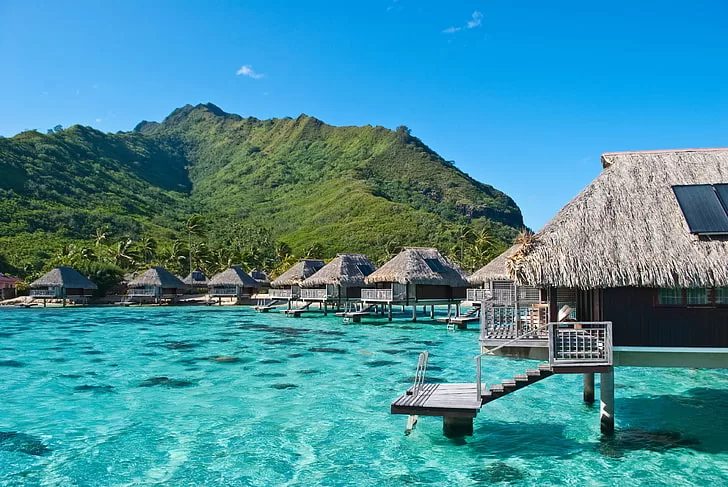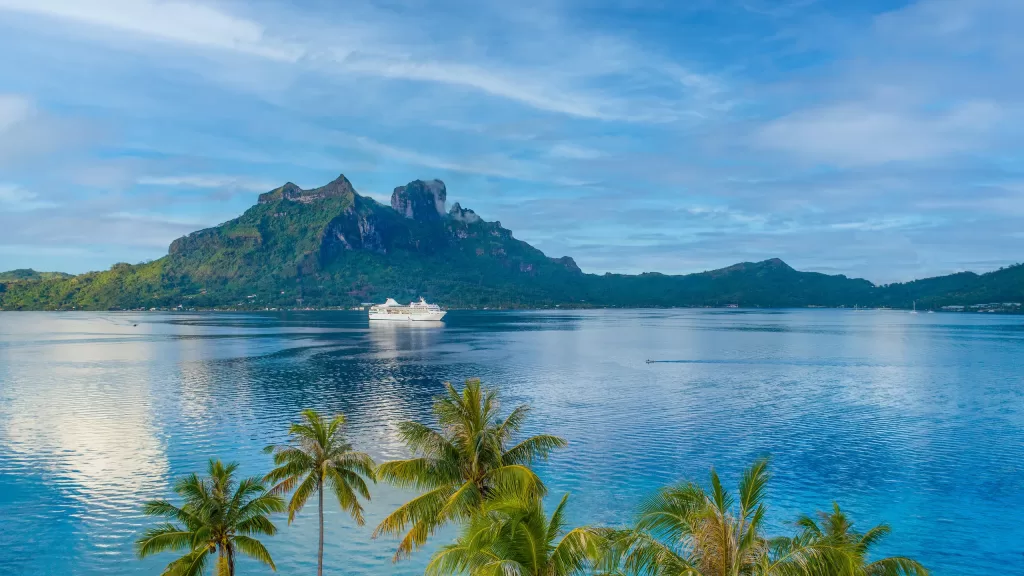French Polynesia Country Report

French Polynesia is an overseas collectivity of France located in the South Pacific Ocean. Comprising 118 islands, the territory is known for its stunning natural beauty, including turquoise lagoons, coral reefs, and volcanic landscapes. Tahiti serves as the capital and largest island. French Polynesia operates under a parliamentary system within the French Republic, with an elected Assembly and a President as head of government. The economy relies heavily on tourism, pearl farming, and fishing. The territory has a unique Polynesian culture, with a rich heritage of dance, music, and arts. French Polynesia is a popular tourist destination, attracting visitors from around the world to its idyllic islands and vibrant culture.
Last updated: April 13, 2022
Security
French Polynesia benefits from a relatively stable security environment, with security concerns primarily focused on maritime issues and natural disasters. As an overseas collectivity of France, it collaborates with French authorities and regional partners to address these challenges effectively.
Last updated: May 12, 2022
Infrastructure

French Polynesia has a relatively developed infrastructure, particularly on the main islands such as Tahiti and Moorea. The territory boasts modern airports, ports, and roads, facilitating transportation and trade within the archipelago. Additionally, French Polynesia has a network of telecommunications services, including mobile and internet coverage, although access may vary on some remote islands.
The territory’s energy infrastructure relies primarily on imported fossil fuels, but there are ongoing efforts to transition towards renewable energy sources such as solar and wind power.
However, some remote and outer islands may have limited infrastructure, including access to clean water and healthcare facilities. Overall, while French Polynesia’s infrastructure meets the needs of its population in many areas, there are ongoing efforts to improve and expand services, particularly in more isolated communities.
Last updated: May 12, 2022
Environment

French Polynesia, an archipelago renowned for its breathtaking natural beauty, is characterized by turquoise lagoons, vibrant coral reefs, and lush tropical landscapes. These pristine ecosystems support a diverse array of marine life and make the territory a sought-after destination for eco-tourism and marine conservation. However, French Polynesia faces environmental threats, including coral bleaching, ocean pollution, and the impacts of climate change such as rising sea levels. Efforts to protect and preserve the territory’s environment are underway, with initiatives focused on establishing marine protected areas, promoting sustainable tourism practices, and transitioning to renewable energy sources. Despite these challenges, French Polynesia remains committed to safeguarding its natural heritage for future generations to enjoy.
Last updated: April 21, 2023
Health and Medical
healthcare in French Polynesia is provided through a combination of public and private facilities, with the main hospital located in Tahiti. While healthcare services are generally of a high standard, challenges such as limited resources and geographical barriers can affect accessibility, particularly in remote areas. Efforts are underway to improve infrastructure, train healthcare professionals, and address prevalent health issues such as non-communicable diseases and infectious diseases.
Last updated: May 9, 2023
Political
French Polynesia is an overseas collectivity of France, operating within the framework of the French Republic’s political system. The territory has a locally elected government, with an Assembly and a President as head of government. However, ultimate decision-making authority lies with the French government in Paris. Politics in French Polynesia are dynamic, with issues such as economic development, social welfare, and cultural preservation playing significant roles in local governance.
The territory also has political parties that reflect diverse interests and ideologies among its population. Overall, while French Polynesia enjoys a degree of autonomy in managing its affairs, it remains an integral part of the French Republic, with political decisions influenced by both local and national considerations.
Last updated: May 18, 2022















